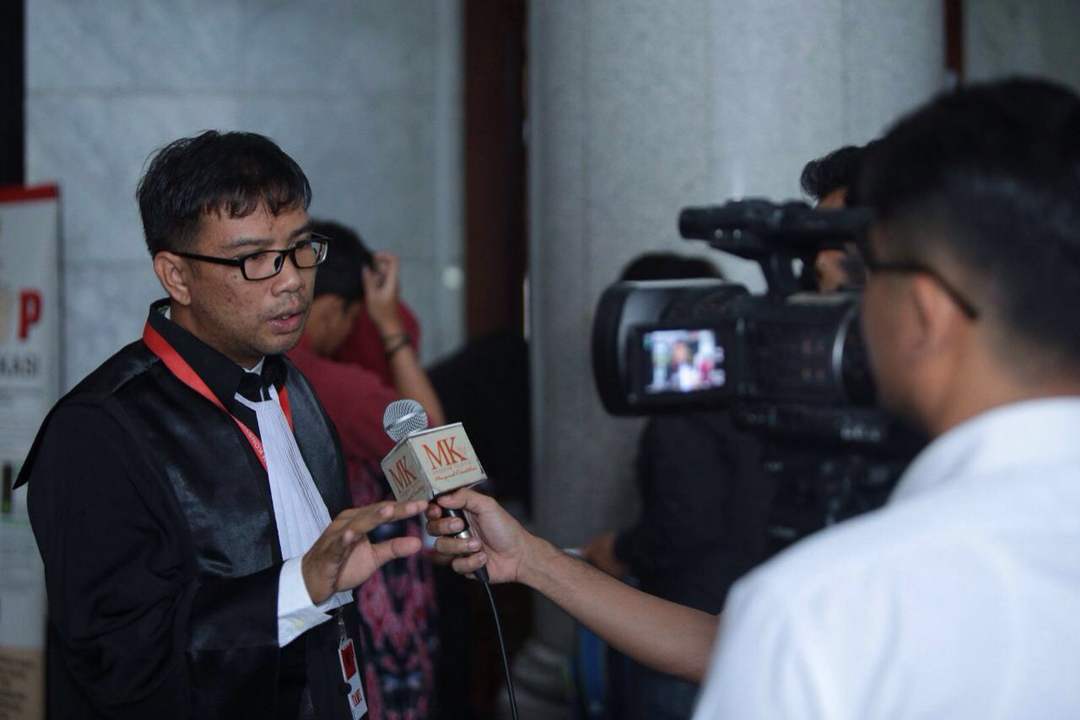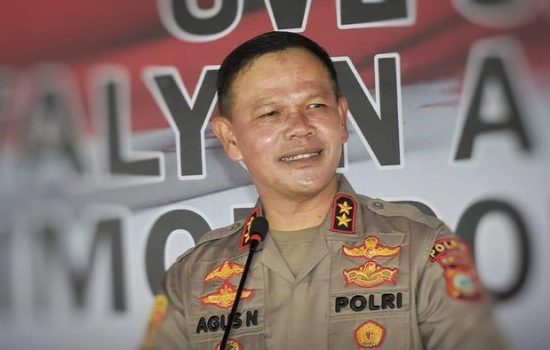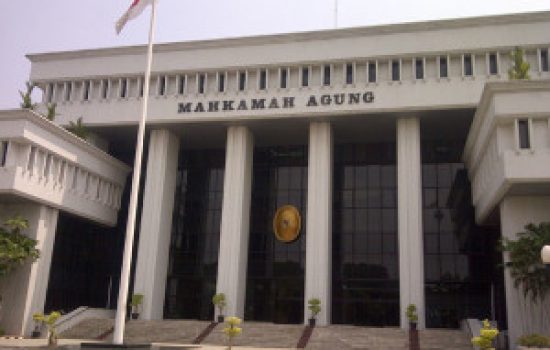ICJR is concerned about the violence against teachers that took place, but also assesses that the petition for Judicial Review of the Law No.35 of 2014 on Child Protection in the Constitutional Court has the potential to eliminate child protection against violence.
Currently there is an attempt to review some laws in the Constitutional Court related to the crucial articles in the protection of children in the educational environment, which has been filed in the Constitutional Court by Dasrul and Hanna Novianti Purnama, both plaintiffs are teachers who are victims of violence committed by a student and by a student’s parent.
In the Petition for Rudicial Review, it is explained that Dasrul is an architect teacher of SMK Negeri 2 Makassar, who experienced an assault from a student’s parent after Dasrul scolded the student for not doing the homework. While Hanna Novianti Purnama is a student counselor in SMA Pusaka I Duren Sawit who experienced persecution in the form of beatings and getting her hair pulled by a student. Hanna Novianti Purnama was also subsequently threatened to be reported to the Police for publishing images of the violence that happened to her to the Social Media.
In the petition for Judicial Review of the Laws which has began since January, and curenlty in the the court agenda of expert examination, the plaintiffs request a change to:
Article 9 paragraph 1a of Law No. 35 of 2014 concerning the amendment to Law No. 23 of 2002 on Child Protection which worded: “Every Child shall have the right to protection in the educational institutions against sexual crimes and violence from the educator, teaching staff and/or others.” The Petitioner requests the Constitutional Court to remove the phrase “and violence” of this article as long as the violence is committed for the purpose of coaching or disciplining children by educators and education staffs.
Article 54 paragraph 1 Law No.35 of 2014 concerning the amendment to Law No. 23 of 2002 on Child Protection: “Children within and in the educational setting shall be protected from acts of violence by means of physical, psychological, sexual violence, and other forms of violence Conducted by educators, education staffs, fellow educators, and/or other parties.” The applicant requested the phrase “shall be protected from acts of violence by means of physical, psychological” not to be interpreted as obliged to obtain protection from physical-psychological violence unless done with the purpose of coaching or disciplining the children by educators and education staffs.
And, Article 39 paragraph 3 of Law No. 14 of 2005 on Teachers and Lecturers: “The legal protection as referred in paragraph (2) includes legal protection against acts of violence, threats, discriminatory practices, intimidations, or unfair practices from the students, the parents of the students, the community, the bureaucracy or other parties.” The applicant requests provision not to be defined as legal protection as referred in paragraph (2) includes legal protection against acts of violence, threats, discriminatory practices, intimidations, criminal prosecution and/or civil lawsuit, or unfair practices oby the students, parents, parents of students, community, bureaucracy, or other parties.
ICJR as an organization that is firmly rejects any form of Corporal Punishment considers that this Petition will actually break the chain of child protection against the practice of violence in the form of Corporal Punishment in Indonesian schools.
Children are the most vulnerable ones in the society and they are entitled to absolute protection, and therefore the above articles which are crucial articles for the protection of children against physical and psychological harm in a potentially violent environment should not be touched.
The ICJR sees that Indonesia has taken appropriate steps to ensure child protection against violence within school discipline through the implementation of article 28 paragraph 2 of the Convention on the Rights of the Child into the national legislation. Child Protection is the acknowledgment of children as the holder of his/her own right, and all wrongdoings described in both articles namely: sexual crimes, violences, physical and psychological abuses, and other forms of violence constitute a violation of the protection rights held by a child.
ICJR reminds that in the General Comment of the Committee on the Convention on the Rights of the Child No. 1 of 2001 (CRC/GC/2001/1) on “The Aims of Education” which also elaborated further in the General Comment No.8 in 2006 (CRC/C/GC/8) on “The right of the child to protection from corporal punishment and other cruel or degrading forms of punishment”. The Committee issued a statement that the Corporal Punishment is incompatible with the Convention on the Rights of the Child.
The Committee outlined in the General Comment that the child does not lose his/her human rights upon entering the school gates. The right of the child to education should be provided without excluding the dignity of the child, to freely express his or her views, and not preventing the child from participating in the learning activities.
Education should also be provided to children in a manner that adheres to strict constraints within the educational discipline as set forth in article 28, paragraph 2 of the Convention on the Rights of the Child ensuring that “States Parties shall take all appropriate measures to ensure that school discipline is implemented in a manner that consistent with the child’s human dignity and in conformity with the Convention. Referring to to this article, the acts which constitute Corporal Punishment within the educational discipline shall be excluded.
The Committee defines “corporal” or “physical” punishment as any punishment in which physical force is used and intended to cause some degree of pain or discomfort, however light. Most involves hitting (“smacking”, “slapping”, “spanking”) children, with the hand or with an implement – a whip, stick, belt, shoe, wooden spoon, etc. In the view of the Committee, corporal punishment is invariably degrading.
ICJR understands the suffering experienced by the plaintiffs of the Judicial Review and the plaintiffs are entitled to solve the problems through legal means by reporting the violences they experienced to the authorities. As teachers, the plaintiffs are clearly entitled to protection from any act of violence and intimidation.
However, the move to alter the child protection articles against violence are an inappropriate move. Children should be protected in the examined articles as they are holding special status due to their vulnerability. Therefore, special protections on the rights of the child are provided.
Therefore, ICJR urges the judges of the Constitutional Court to carefully review the Child Protection Law and Teachers and Lecturers Law, and again, do not let this Judicial Review to be defined as the legitimacy of Corporal Punishment towards children.




